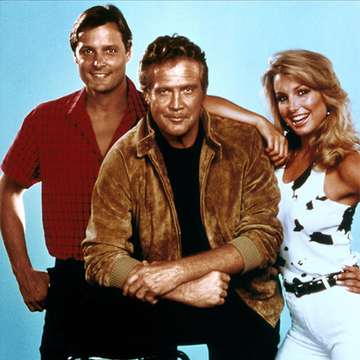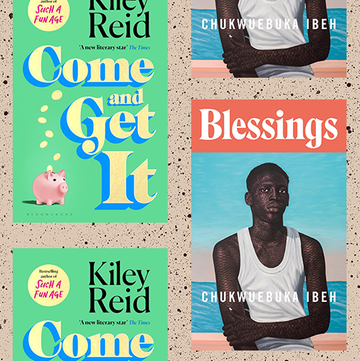On 6th December Spotify released its annual music review feature for its users. Collating everything you've listened to this year, Spotify Wrapped reminds you in overwhelmingly granular detail: you do not have good music taste.
In the same way that everyone claims to hate slow walkers and yet Leicester Square remains inundated with them, few people are willing to believe that they have bad music taste. Instead we tend to remember our boldest music memories, the road trip where we proudly filled the car with Thundercat's new album or the afternoon you added a Jon Hopkins remix to the office playlist.
Wrapped is much less forgiving, dredging up binge sessions you hoped had been sucked into the black hole of the internet and projecting the hours you wasted onto a hot pink slide show.
The fortnight in January you dedicated yourself to jogging by the river and blared 'Eye of the Tiger', or that stressful period at work where, inexplicably, the only thing that could soothe you was Ryan Adams 2015 cover of Taylor Swift's 1989 album.
One fragile hangover when you succumb to binging Katy Perry, and the review of your year is overrun with 'Firework', 'Roar' and 'Teenage Dream'. Of course, Katy Perry is no less worthy than Four Tet or Laurel Halo, but she might be a guilty pleasure users would rather omit from the summary of their year.
Though Spotify has backed away from some features recently - like notifying you who is following your playlist or allowing you to directly send songs to friends - it does continue to tread the line between a music service and a social network. And it is, perhaps, the only honest one.
With the ability to see what your friends are listening to on the 'Friend activity' tab it has become one of the few places on the internet which reflects you to your followers, warts and all. After all, who would spend their time listening to things they didn't enjoy just to produce an impressively trendy Spotify Wrapped report at the end of the year? Thankfully, our digital narcism hasn't yet gone that far.
In this sense it offers access to friends and acquaintances that is deliciously unfiltered, a window into the moods of people's night bus home or Monday morning soundtrack that, unlike the performance of Instagram stories or fishing of pithy tweets, shows you something real. Its potential to show you something people might not want you to see is refreshing in a time of filtered holiday highlight albums or humblebrags disguised as self-deprecating jokes on Facebook.
While there's the opportunity to switch on Private Mode, the feature "ends when you restart Spotify or after a long period of inactivity", so hardly offers the real chance to opt out of broadcasting your listening habits. The wrapped feature also accounts for all those sneaky offline hours - so there's really no hiding the truth.
The idea of privacy on Spotify is especially interesting as the music we're happy to advertise we're a fan of often isn't what we turn to in private moments. While the music service has made sharing what we're listening to infinitely easier, it's exposed some of the private listening habits that were once safely confined to our iTunes folder.
In 2016 billboard started popping up with lines such as "Dear person who played 'Sorry' 42 times on Valentine's Day, what did you do?", alluding to a specific user's listening habits.
The criticism that followed shows how much users trusted Spotify to keep their secrets and that, even these days, there's no bigger data betrayal than telling the world you listen to Justin Bieber.














